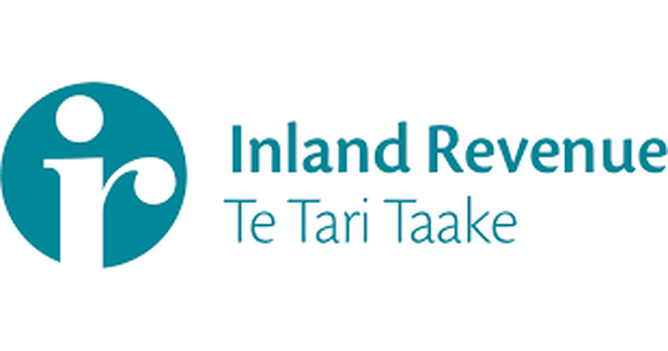As part of our annual review process with our Membership Fee clients we check the current level of income (and where it comes from) and check that their PIR, Marginal Tax Rate and FDR/FIF settings are correct. We then work with them to make any required changes.
Before 2007 this process was quite simple, there was one tax rate and one tax regime to be considered. However, with the introduction of Portfolio Investment Entities a new tax rate called a Prescribed Investor Rate (PIR) was introduced, as was the FIF/FDR regime.
Getting your PIR rate correct
Our concern this month is with making sure that you get your PIR rate correct. While our clients hear about making sure their tax rates are correct each year, and the issue is covered extensively in our documentation and Contract of Engagement, we have recently become aware of how active IRD in checking that this information is correct.
We were recently contacted by someone who had been self managing their PIR rates who had received a notification from IRD that they had underreported their PIR rate and that they were now liable for the underpaid tax and penalties.
It is possible that this person has been underpaying (via honest mistake) for around 10 years and now that IRD has asked questions - it is unclear whether they will be looking at just the current year or whether they will go right the way back and look at the whole 10 years.
This has come about as a result of the powerful algorithms and interfaces that have been built by IRD, which receive information from financial institutions and employers. These algorithms can check all of your income from all sources and identify if you have been underpaying tax.
When we worked with this person to help him understand why he misunderstood the guidelines on the IRD website in relation to PIR tax, we realised that many people may be confused. Therefore, this post is designed to clarify the situation for you.
Important points to note:
- If you have KiwiSaver, you will have a PIE investment, that will have a PIR rate associated with it - therefore this issue affects many many people. You may have other managed funds or investments that are PIE's with the bank (instead of term deposits).
- PIR tax is full and final tax. If you have a PIR rate that is too high, you are unlikely to get money paid back. However, if your PIR rate is too low, you are likely to get a notification with a 'please pay' demand from IRD.
- PIR tax is paid on the 31st March of each year (or if you withdraw funds during the year, the tax is payable before the withdrawal is paid out).
- The PIR rate is currently the same as your marginal tax rate if you earn up to $48,000 pa. As follows:
- Earnings up to $14,000 pa, PIR rate and Marginal Tax rate - 10.50%
- Earnings from $14,0001 to $48,000 - PIR rate and Marginal Tax Rate - 17.50%
- For earnings over $48,001 - your PIR rate will be 28.00% (your Marginal Tax rate will be 30.00% for earnings from $48,001 to $70,000 and 33.00% over $70,000).
- If you have a Trust, you can elect a nil PIR rate if you have losses or if you have an Accountant who is managing your tax liability and you are expecting to make tax payments from your cashflow each year. If you have a nil PIR rate, please ensure that you understand the implications of this.
- BUT - it is important to understand that the income that your PIR rate is based on is your LAST TWO YEARS TAXABLE INCOME. Therefore, if you have had a lower income for either of the last two years (eg if you were on parental leave, or sabbatical), then you can keep your lower PIR until your taxable income returns to the higher level in either of the last two years. The converse of that however, is that if you stop working, you will have to leave your PIR rate at the higher level until you are entitled to reduce it.
The IRD reference to PIR rates can be found here. However, please note that their explanation goes through the different levels of income so keep going down the table until you find the income that is relevant to you.
https://www.ird.govt.nz/toii/pir/workout/
It is VITAL that you are aware of the impact of your income on your PIR rates and that you monitor your rates and ensure that they are changed with all your providers if your situation changes. If you are a Moneyworks client and you would like to discuss your PIR settings, please contact us by email at contact@moneyworks.co.nz. If you are not yet a Moneyworks client but feel that it might be time to catch up with us to help you with getting to and through retirement, contact us at the same email address - contact@moneyworks.co.nz.
FIF/FDR taxation
We have written previous articles about the FIF/FDR regime and if you think that you fall under that regime, it is important that you school yourself up on how it works and in many cases get an Accountant to assist you. We can refer you to Beany, who we work with closely and who have a wide knowledge of FIF/FDR issues. For more information, check out our last blog post here. If you would like more information or a referral to Beany, please email us by clicking here.
FIF (Foreign Investment Income) and FDR (Fair Dividend Rate) Taxation


